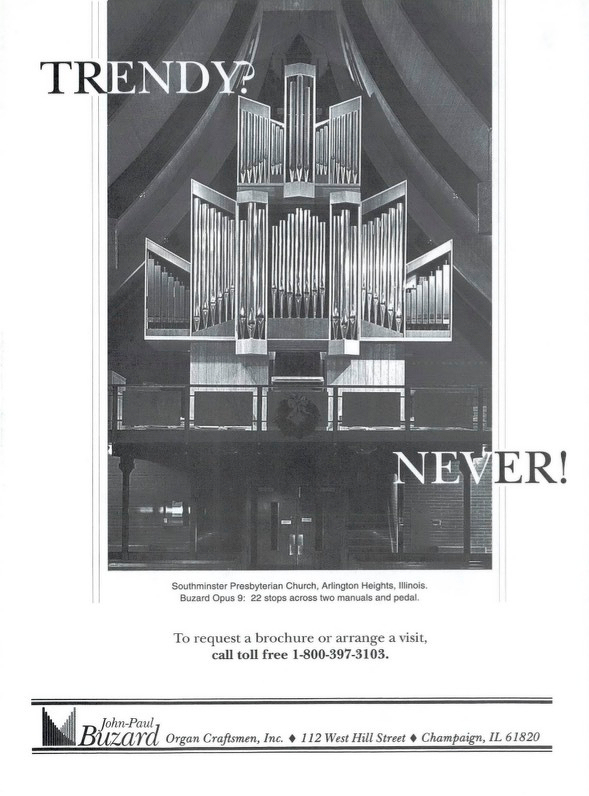Matthew Burdette, describing why Christian faith feels elusive today:
My most profound flashes of doubt in the existence of God…have been at church. I’ve sat with philosophical arguments against the existence of God, but none have had the same force as sitting in church and being overwhelmed by the feeling that nothing being said matters, the feeling that the church’s very life screams, “We don’t take this stuff too seriously." […]
The vexing puzzle of the Christian experience today is that our talk of God seems biblical and therefore difficult to indict for idolatry, but it has lost its gravity. We are theoretically in proximity to its object, but it exerts no force on us. Even if we keep showing up or keep identifying ourselves as Christians, we find it harder and harder to articulate the necessity and unconditional importance of this faith. It is as though we have settled for an idol.
The reason for this elusiveness? According to Burdette, it stems from a crisis of authority:
The Christian faith is elusive today because the authority of Christian ministry—lay and ordained, word and action—is no longer authoritative. The salt has lost its saltiness. Assertions of ecclesiastical (and, relatedly, biblical) authority today amount to telling people not to trust the evidence of their own experience: some will comply, but most will not. Those who have found a way to hope against hope, to hold fast to faith despite feeling adrift, must move beyond the ease of having the right theological answers and overcome the defensiveness that comes with saying that widespread faithlessness is a ministerial and homiletical problem—that it is our fault. The question Christians must find a way to answer is why we have lost our authority and whether it is recoverable.
Burdette goes on to list four primary ways that the church has compromised its authority. First, “unseriousness”:
I said earlier that my own flashes of doubt have taken place in church, in response to the communication of unseriousness, that what is taking place does not matter. Churches habitually give in to the temptation to amuse, entertain, and trivialize what’s taking place in Christian worship. Church activities, frequently targeted to families with children, are often indistinguishable from what’s on offer at public libraries. Pet blessings fall into this category: “The Creator of the universe became flesh and died for your salvation—but, yes, by all means, bring your dog to church so those commissioned to preach the gospel can tell him he’s a good boy.” But the truly corrosive forms of unseriousness are subtler. For example, the well-intended trend in my denomination, the Episcopal Church, to admit unbaptized persons to Holy Communion unavoidably robs both baptism and the Eucharist of gravity. It is also common for never-before-seen parents to present never-to-be-seen-again babies to be baptized, and by being too nice to refuse such parents, the church’s ministers tell its members that baptism is not actually initiation and that the church is a place where promises needn’t be kept. The church is a creature of the Word and sacrament: What happens when the church fosters a culture where words don’t matter? A haunting question to consider in view of the quality of much Christian preaching today.
Second, “illicit innovation”:
Where words do not matter, neither can order. Where there is not seriousness, there cannot be a spirit of stewardship; and where the church’s ministers and members see themselves as proprietors rather than stewards, they are no longer answerable to tradition, nor inhibited from unauthorized innovation. But all human authority simply is stewardship.
Third, “an inattention to how most people experience reality that ensures the Christian message does not ring true”:
For most people today, the church’s historic teachings on sexuality and the human body are confusing (at best) and do not ring true. Which is to say, they have lost their authority. A faith that does not ring true, especially in the areas of life most precious to us, is a faith that doesn’t matter for real life. Any religious life that is devoid of a compelling claim to ultimacy is at best a hobby, perhaps useful as a way to meet other people and to pass the time. It cannot command ultimate concern. The only way for the Christian message to command ultimate concern is for it to be shown to make sense of life’s preliminary concerns. Morally traditional Christians must find ways to convey the whole truth of the Christian faith to the facets of life where it currently rings false.
Fourth (and finally), “schism”:
Unlike immediately after the Protestant Reformation, almost all Christians today are happy to affirm that Protestants or Catholics or the Orthodox are truly Christians—and are thereby burdened to explain why their differences actually matter. The partial success but overall failure of the modern ecumenical movement has meant that many members of churches, especially Protestant, have become fundamentally post-denominational in their outlook. When churches can acknowledge that other churches from whom they are separated are equally valid as Christian churches, but don’t overcome the actual divisions, the unintended message is that the divisions are evidently not so theologically important after all, and the result is a church culture of consumer choice about where to worship and what to believe. But a faith decision based on preference is no faith decision at all—it permits no authority. The agony of those with faith is to respond to authority in this situation of choice.
His conclusion is worth quoting at length:
In each of these instances the church’s ministers and members must renew contact with the overwhelming gravity that pulled them into faith—to reorient themselves to the church’s foundation and founding. Ecumenically, the difficult task is to struggle toward Christian unity by means of serious theological conflict, not softening differences between Christians but bearing the grief of highlighting them. Similarly, for the Christian ministry to inspire faith, it must act with courage and attentiveness in its actual situation, not at a remove from life, where the faith is meant to be true. This courage requires confidence in the tradition as it has been handed down: the only possibility of authority in the church today is that those who had authority yesterday are still permitted to speak.
And finally, such speaking will have an effect only if Christian words matter. While I have felt doubt because of unseriousness, I have also been inspired to deeper faith when I have heard it expressed with grave seriousness. When I can trust a minister to speak plainly about the severity of sin, only then are words of absolution and the assurance of God’s love comforting and effective. Preaching, too, must find its way back to the foundation. The best preaching advice I ever received was from the theologian Robert Jenson, whose words to me serve well as a conclusion: If by the end of your sermon you can’t say, “Thus says the Lord,” you will have wasted everyone’s time. For faith to wield true authority, every Christian must learn to speak in such a way that it may truly be said: thus says the Lord.




